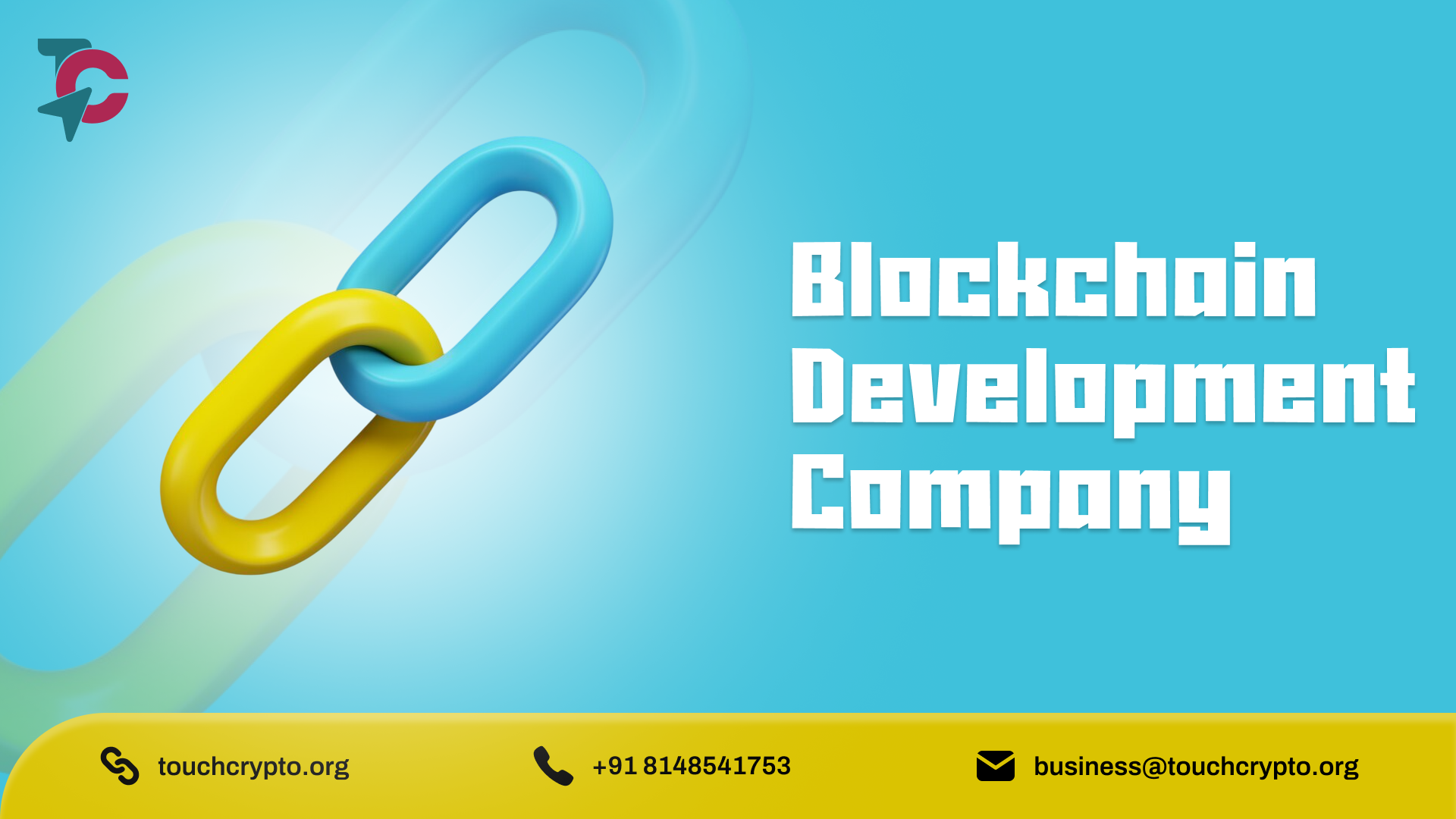Can Blockchain Technology in Healthcare Reduce Medical Errors?
Introduction
Medical errors, including misdiagnoses, prescription mistakes, and procedural failures, pose a serious threat to patient safety and increase healthcare costs. Blockchain technology offers a groundbreaking solution by ensuring secure, transparent, and tamper-proof data management.
According to WHO, medical errors rank among the top 10 causes of death and disability globally. Poor coordination and fragmented patient records are primary culprits. Blockchain technology for healthcare can create a standardized, immutable system, reducing these risks and enhancing patient care.
The Devastating Impact of Medical Errors
Medical errors manifest in multiple ways:
Misdiagnoses – Delayed or incorrect diagnoses affect millions annually, leading to inappropriate treatments.
Prescription Errors – Incorrect dosages or harmful drug interactions can cause severe complications or fatalities.
Procedural Mistakes – Surgical errors and improper treatments often stem from outdated or inaccurate records.
The financial toll is billions of dollars annually, spent on malpractice lawsuits, extended hospital stays, and redundant treatments. A blockchain development service offers a reliable way to combat these inefficiencies.
How Blockchain Improves Data Security
Blockchain revolutionizes healthcare by offering:
Immutable Records – Once stored, medical data cannot be altered, preventing fraud or unauthorized changes.
Smart Contracts – Automated compliance enforces medical guidelines for better patient safety.
Enhanced Cybersecurity – Unlike traditional databases, blockchain is decentralized, reducing hacking risks.
By safeguarding patient information, blockchain ensures trust and accuracy in medical practice.
Real-Time Data Exchange for Better Care
Interoperability is a major issue in healthcare. Blockchain eliminates data silos by providing:
Decentralized Access – Physicians securely access real-time patient data without duplication.
🩻 Accurate Diagnoses – Updated records allow timely, precise treatments, reducing errors.
IoT Integration – Wearable health devices seamlessly update blockchain-based patient histories.
This streamlined system improves collaboration and reduces medical mishaps.
Preventing Medication & Prescription Errors
Blockchain technology transforms pharmaceutical safety by:
Tracking Drug Supply Chains – Prevents counterfeit medications from entering pharmacies.
Automating Prescription Verification – Detects harmful drug interactions before dispensing.
Real-Time Alerts – Warns against overdoses, duplicate prescriptions, or incorrect dosages.
This cutting-edge system drastically reduces medication-related fatalities.
Blockchain in Medical Research & Trials
Clinical trials and research require high transparency and trust. Blockchain enhances:
Data Integrity – Ensures research results cannot be falsified or manipulated.
Ethical Consent Management – Smart contracts track and protect patient consent in real time.
Transparent Research – Institutions access verifiable data, accelerating medical discoveries.
Blockchain strengthens regulatory compliance, fostering trust in healthcare advancements.
Challenges of Blockchain Adoption in Healthcare
Despite its transformative potential, blockchain faces hurdles:
Scalability – Handling vast medical data is computationally intense.
Regulatory Compliance – Aligning with HIPAA & GDPR requires careful implementation.
Adoption Resistance – Collaboration between hospitals, blockchain firms, and policymakers is essential.
Solving these issues will pave the way for blockchain-driven healthcare innovation.
Conclusion
Blockchain technology is revolutionizing healthcare, offering unparalleled security, transparency, and efficiency. By reducing medical errors, securing prescriptions, and enhancing research, blockchain development companies are shaping a safer future for patient care.
Embracing blockchain is not just an option—it’s the future of error-free healthcare.
visit :
https://justtrytech.com/blog/blockchain-in-pharma-industry/Can Blockchain Technology in Healthcare Reduce Medical Errors?
🚑 Introduction
Medical errors, including misdiagnoses, prescription mistakes, and procedural failures, pose a serious threat to patient safety and increase healthcare costs. Blockchain technology offers a groundbreaking solution by ensuring secure, transparent, and tamper-proof data management.
According to WHO, medical errors rank among the top 10 causes of death and disability globally. Poor coordination and fragmented patient records are primary culprits. Blockchain technology for healthcare can create a standardized, immutable system, reducing these risks and enhancing patient care.
⚠️ The Devastating Impact of Medical Errors
Medical errors manifest in multiple ways:
🔍 Misdiagnoses – Delayed or incorrect diagnoses affect millions annually, leading to inappropriate treatments.
💊 Prescription Errors – Incorrect dosages or harmful drug interactions can cause severe complications or fatalities.
🛑 Procedural Mistakes – Surgical errors and improper treatments often stem from outdated or inaccurate records.
The financial toll is billions of dollars annually, spent on malpractice lawsuits, extended hospital stays, and redundant treatments. A blockchain development service offers a reliable way to combat these inefficiencies.
🔐 How Blockchain Improves Data Security
Blockchain revolutionizes healthcare by offering:
✅ Immutable Records – Once stored, medical data cannot be altered, preventing fraud or unauthorized changes.
✅ Smart Contracts – Automated compliance enforces medical guidelines for better patient safety.
✅ Enhanced Cybersecurity – Unlike traditional databases, blockchain is decentralized, reducing hacking risks.
By safeguarding patient information, blockchain ensures trust and accuracy in medical practice.
🔄 Real-Time Data Exchange for Better Care
Interoperability is a major issue in healthcare. Blockchain eliminates data silos by providing:
📡 Decentralized Access – Physicians securely access real-time patient data without duplication.
🩻 Accurate Diagnoses – Updated records allow timely, precise treatments, reducing errors.
📊 IoT Integration – Wearable health devices seamlessly update blockchain-based patient histories.
This streamlined system improves collaboration and reduces medical mishaps.
💊 Preventing Medication & Prescription Errors
Blockchain technology transforms pharmaceutical safety by:
🛒 Tracking Drug Supply Chains – Prevents counterfeit medications from entering pharmacies.
📝 Automating Prescription Verification – Detects harmful drug interactions before dispensing.
⚠️ Real-Time Alerts – Warns against overdoses, duplicate prescriptions, or incorrect dosages.
This cutting-edge system drastically reduces medication-related fatalities.
🔬 Blockchain in Medical Research & Trials
Clinical trials and research require high transparency and trust. Blockchain enhances:
📑 Data Integrity – Ensures research results cannot be falsified or manipulated.
✍️ Ethical Consent Management – Smart contracts track and protect patient consent in real time.
🧪 Transparent Research – Institutions access verifiable data, accelerating medical discoveries.
Blockchain strengthens regulatory compliance, fostering trust in healthcare advancements.
🚧 Challenges of Blockchain Adoption in Healthcare
Despite its transformative potential, blockchain faces hurdles:
📉 Scalability – Handling vast medical data is computationally intense.
📜 Regulatory Compliance – Aligning with HIPAA & GDPR requires careful implementation.
🤝 Adoption Resistance – Collaboration between hospitals, blockchain firms, and policymakers is essential.
Solving these issues will pave the way for blockchain-driven healthcare innovation.
🏥 Conclusion
Blockchain technology is revolutionizing healthcare, offering unparalleled security, transparency, and efficiency. By reducing medical errors, securing prescriptions, and enhancing research, blockchain development companies are shaping a safer future for patient care.
Embracing blockchain is not just an option—it’s the future of error-free healthcare.
visit : https://justtrytech.com/blog/blockchain-in-pharma-industry/














